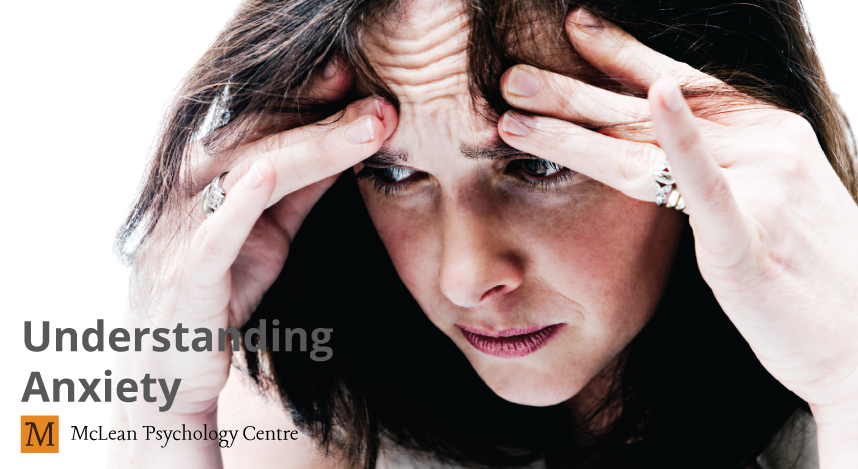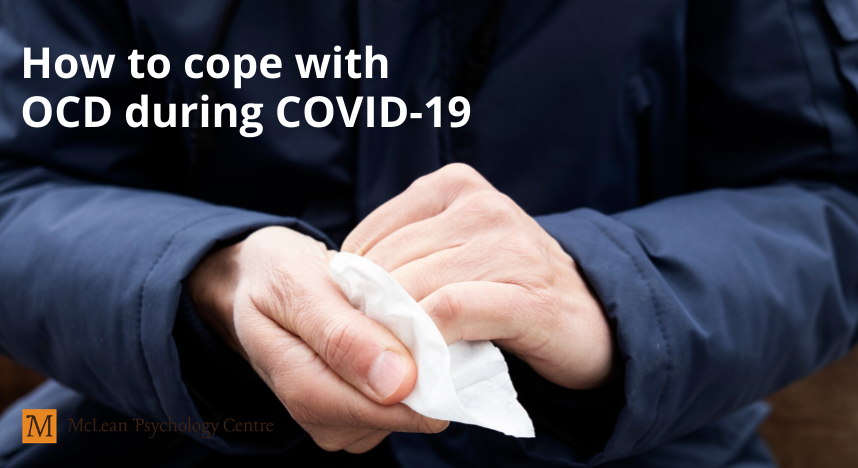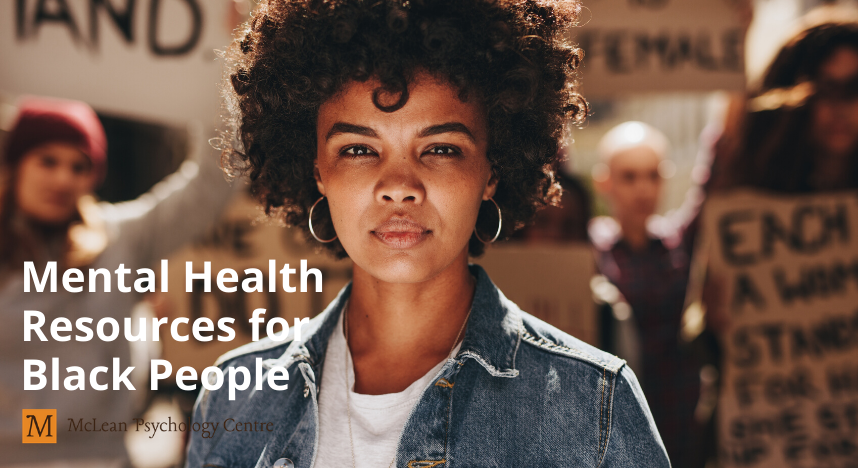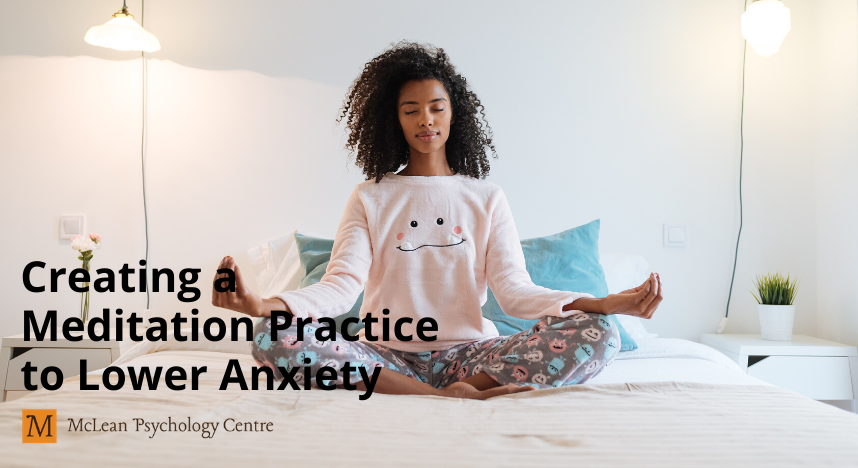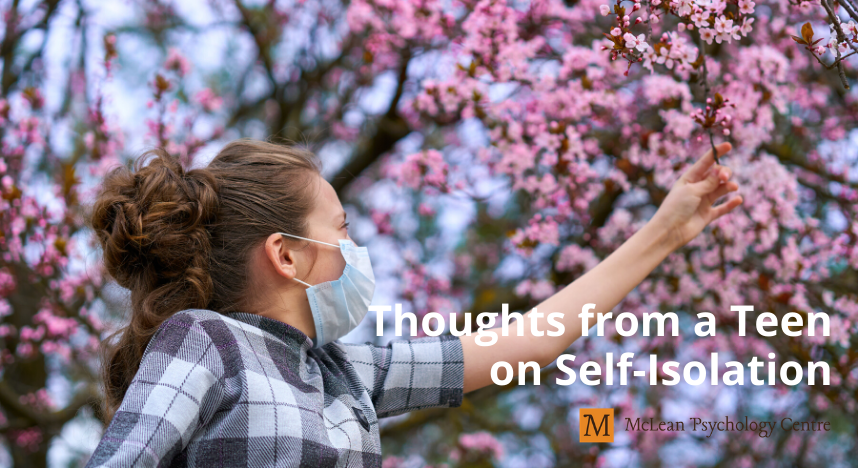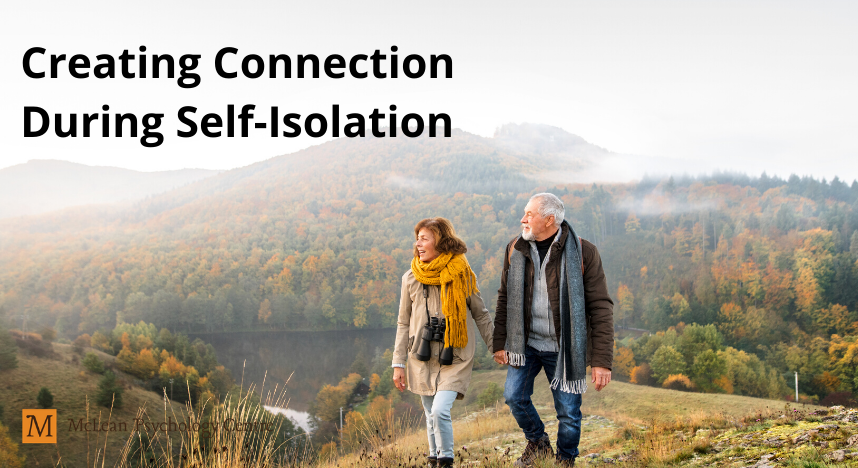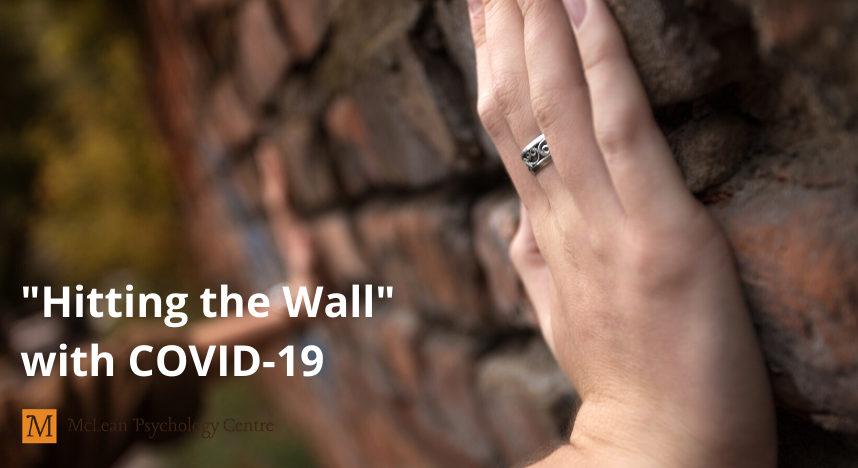Understanding anxiety can be difficult for those who often simply boil it down to fear. Fear, however, is an unpleasant emotion that derives from a human’s need for self-preservation; it is the emotion that helps us recognize when you are in danger. On the other hand, anxiety is an emotion that also occurs when something has an uncertain outcome. We all experience anxiety from time to time – when we have to give a speech at school, go to a job interview, apply for a loan, or go on a date, but anxiety becomes crippling and debilitating for people when it becomes uncontrollable.
Anxiety manifests itself differently in every person, so it can be difficult to spot an anxiety disorder. For those with anxiety disorders, worry can be constant and disrupts normal life. It is characterized by a persistent worry that is overwhelming and uncontrollable. One person may have a debilitating fear of driving, while another person may feel panic or dread at the thought of making small talk at a party.
Understanding Anxiety
Not unlike depression, anxiety disorders have both physical and emotional symptoms. They include
- Strong feelings of apprehension or dread
- Strong, persistent feelings of jumpiness or tension
- Heart pounding and/or sweating
- Always anticipating the worst
- Irritability
- Stomach upset or nausea
- Headaches and fatigue
- Frequent urination or diarrhea
- Inability to rest
- Hypervigilance for signs of danger
Types of Anxiety
There are six major types of anxiety disorders, which are
- Generalized anxiety disorder (GAD)
Generalized anxiety disorder is the persistent fear or worry that something bad is going to happen. It can be specific, such as “I am going to get fired,” or it can be general, “I hope my family doesn’t get sick or hurt today.” People with GAD are chronic worriers whose symptoms likely manifest physically.
- Obsessive-compulsive disorder (OCD)
Obsessive-compulsive disorder is the experience of persistent unwanted thoughts or behaviours that feel uncontrollable. This can manifest in constant worry that you have left the oven on, or in compulsions like obsessive hand washing.
- Panic disorder (anxiety attacks)
Panic disorder (characterized by anxiety attacks) is when sudden, unexpected attacks of anxiety or panic happen on a frequent basis. Panic disorder also includes constant worry about another episode happening. A common complication of panic disorder is agoraphobia (fear and avoidance of situations that may trigger panic attacks).
- Social anxiety disorder
Social anxiety disorder is the nearly debilitating fear of being seen in a negative light by others and avoidance of some feared social situations. Also known as social phobia, this can manifest in extreme shyness or high anxiety in social situations. Some people have a more specific fear of public speaking or performing.
- Phobias
Phobias are the extreme fear of a specific object or situation that often presents little true danger. Fear of insects like spiders, animals like snakes, or fear of situations like flying or being in high places are very common. Phobias can sometimes become debilitating or life-limiting, when avoidance curtails or prevents one from living a normal life.
- Post-traumatic stress disorder (PTSD)
Post-traumatic stress disorder is an extreme reaction to a traumatic or life-threatening event. PTSD has been described as a panic attack that does not stop, and can colour a person’s reality (reliving the details and emotions of the trauma). Another example is that it is difficult for people with PTSD to interpret facial expressions. Those experiencing PTSD will often have nightmares, are constantly on edge, relive the trauma they experienced through “flashbacks”, and often do not socialize to the extent they once did.
Help Is Available
Again, anxiety disorders do appear differently in every person. If you believe you are suffering from an anxiety disorder, it is best to be evaluated by a professional who can assist you in finding the right treatment path. McLean Psychology Centre expertly treats anxiety disorders every day, and booking a consultation with one of our clinicians is the first step to taking back your life from anxiety.

